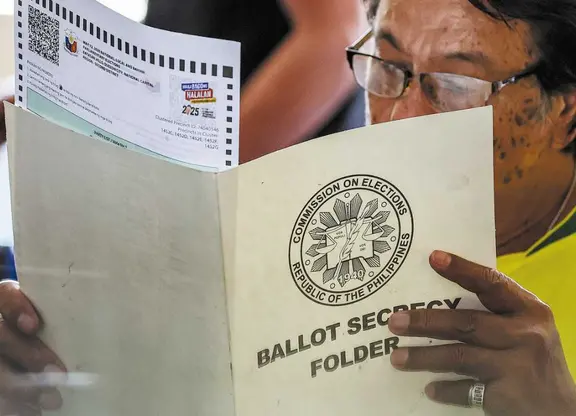By APD Writer Xie Tao and Tao Xing
China’s President Xi Jinping said at the B&R Forum that the Chinese government aims to build the Belt and Road into a road for peace, a road of prosperity, opening up, innovation, and a road connecting different civilizations through policy connectivity, infrastructure connectivity, trade connectivity, financial connectivity and people-to-people connectivity. Unlike the connectivity in the policies, infrastructure, trade and finance, the people-to-people connectivity is a kind of soft power and the ultimate standard to measure whether the Belt and Road initiative succeeds or not.
Without support of people from countries along the Belt and Road, no matter how much cooperation would finally fall victim to domestic politics. Besides, the intention of China’s investment and aid construction may be misunderstood by local people. And even worse, slanted reports by some western media may damage the relations between China and other countries.
All in all, a sound people-to-people connectivity will contribute to long-term and stable bilateral relations. A favorable surrounding will benefit for China's sustained economic growth.
The Chinese government has invested much on promoting the people-to-people connectivity with countries along the Belt and Road, including organizing international conferences, sponsoring foreign students to study in China and sending the Chinese culture delegations for cultural exchanges. However, the most important way is not government-led "bringing in" and "going out", but the independent and voluntary communication between civic groups.
The American Semester at Sea (SAS) program offers China experience in operating public diplomacy. The SAS is an overseas study program that runs on a cruise ship. At the semesters, the about 100-day program circumnavigates the globe, with hundreds of students traveling from North America heading either east across the Atlantic or west across the Pacific, visiting from eight to eleven countries in Asia, Africa, Europe and South America. All students are required to take an interdisciplinary core course. Prior to arriving at a port, students receive a pre-port briefing on the cultural and social rules of the country they were visiting. Community leaders from the country to American ambassadors will give lectures to the students and faculty for their time in the country.
The Chinese government, individuals or enterprises that want to promote Sino-foreign cultural exchanges can also launch the similar Semester at Sea program, which can make students voyage along the Maritime Silk Route, from Southeast Asia, South Asia and the Mediterranean Sea to Europe.
Especially because of China’s advanced railway systems, it can also be the Semester on Train, which based two freight rails across Eurasia, one from Zhejiang’s Yiwu city to London and the other from the city of Chongqing to Germany. The train would stay at countries en route for several days and students on it can study local culture or do voluntary work there.
The railway operating costs is much cheaper than the ship, and if government can provide scholarship, a large number of excellent students will apply for it, which can boost a wonderful people-to-people connectivity.
No matter Semester at Sea or Semester on Train, the Chinese government should support Chinese students to retrace the Silk Road and Maritime Silk Route and make them launch the long march of Chinese public diplomacy. The student centered public diplomacy is a strongest way of having a rising China with humanity face, and a most important cornerstone of long-term friendship between China and other countries in the world.
The Belt and Road Initiative has become the hottest topic in China in less than four years since President Xi proposed in 2013. The Initiative is not only the interconnection for infrastructure, but also a connectivity between Chinese people and world people.
Xie Tao,
professor, deputy dean of the English College at Beijing Foreign Studies University.
(ASIA PACIFIC DAILY)
 简体中文
简体中文














